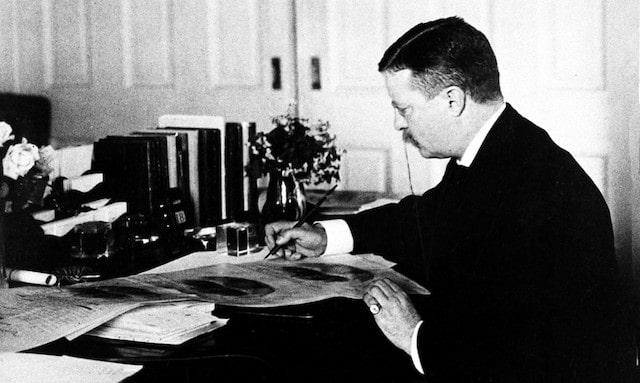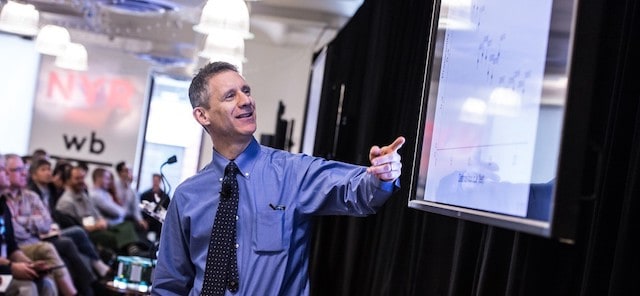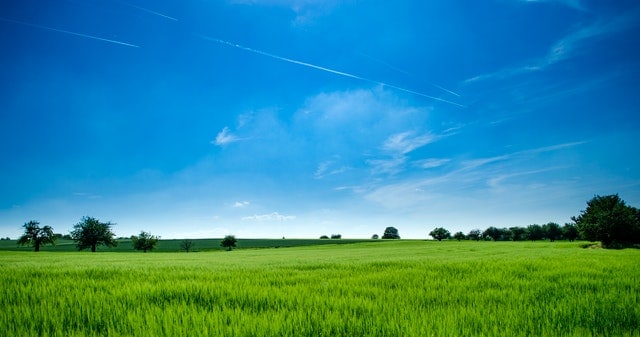In a recent episode of my podcast, an Australian doctor named Nathan asked an interesting question regarding some difficulties he had maintaining and organizing his task list:
“David Allen asked ‘Is it actionable?’; separating tasks from ideas. But I also find that there are different types of tasks. The easiest to deal with are what I’m taking to calling ‘concrete’ tasks, such as taking out the rubbish, or submitting a final report. These are defined, necessary tasks that are cognitively easy to deal with. However, I’m also aware of ‘aspirational’ tasks, such as ‘summarize War and Peace,’ which are open-ended, and don’t really matter if you accomplish them by a specific time…they tend to just pile up.”
This is an important question because it touches on the rare productivity topic that’s both crucial to my personal process, and something that I haven’t already written much about. I thought, therefore, it would useful to briefly review the answer I gave Nathan.






